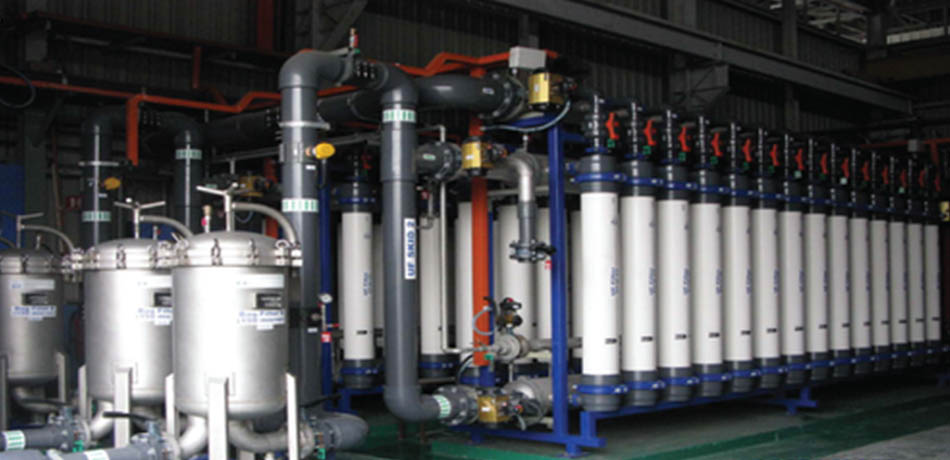
Applications
- Wastewater Treatment And Reuse
- Cost Efficiency in MBR Operation
- Compact Design for Space Efficiency
- Enhanced Biological Treatment
- Precise Control of HRT and SRT
- Fine-tuned management of HRT and SRT
Ultra Filtration (Uf Plant) in Gujarat
At Water Design Technologies, we provide an innovative solution that redefines water purification.
Our ultrafiltration systems stand out because of their latest technology. Designed with precision and innovation, these plants are the epitome of excellence in water treatment.
What sets Water Design Technologies apart is our commitment to providing not just clean water, but a holistic solution that combines efficiency, sustainability, and user-friendly operation.
Our Ultrafiltration Plants utilize advanced membrane filtration technology, ensuring the removal of impurities, bacteria, and even the tiniest contaminants, leaving you with water that surpasses industry standards.
The user-friendly interface makes operation a breeze, even for non-experts, setting a new benchmark in accessibility.
What truly distinguishes Water Design Technologies is our dedication to environmental responsibility. Our Ultrafiltration Plants in Gujarat are engineered for minimal waste generation and optimal energy efficiency.
The eco-friendly design ensures that not only is the water purified to the highest standards, but the process itself aligns with our commitment to a greener future.
Trust Water Design Technologies to deliver not just water treatment solutions, but a promise of a cleaner, healthier planet.
Advantages of Ultra Filtration (Uf Plant) in Gujarat
Ultrafiltration (UF) stands out as a revolutionary water purification technique, and Water Design Technologies has mastered the art of harnessing its advantages.
Unlike conventional filtration methods, UF utilizes semi-permeable membranes to separate impurities from water, offering a range of unique benefits:
- Microscopic Precision: UF membranes are designed with precision, capable of capturing particles as small as 0.01 microns. This ensures the removal of bacteria, viruses, and even colloidal matter, providing water of exceptional purity.
- High Flow Rates: WaterDesignTechnologies employs advanced UF technology that allows for high flow rates. This means a rapid and efficient filtration process, ensuring a continuous and reliable supply of purified water.
- Cost-Efficiency: UF is a cost-effective solution for water treatment. Its ability to operate at low pressures and its minimal use of chemicals contribute to lower operational costs over time.
“Water Design Technologies has taken the application of UF to the next level, offering solutions that go beyond the ordinary”
- Smart Monitoring: Their systems integrate smart monitoring technology that continuously assesses water quality and system performance. This ensures proactive maintenance and optimal efficiency.
- Modular Design: WaterDesignTechnologies embraces a modular design approach, allowing for scalability and easy system expansion. This adaptability makes their UF systems suitable for diverse applications, from small-scale residential use to large industrial processes.
Meanwhile, Water Design Technologies not only leverages the inherent advantages of ultrafiltration but also incorporates innovative features, making them a standout choice in the realm of water purification technologies.
Features of Ultra Filtration (Uf Plant) in Gujarat
Microfiltration Precision: Our Ultrafiltration Plants offer microfiltration capabilities, effectively removing particles and microorganisms to produce clear and pure water.
Versatility: Tailored to the diverse needs of industries, our UF Plants are versatile.
Reliability in Performance: Engineered for reliability, our UF Plants are built with durable materials to ensure consistent and dependable water treatment.
Sustainable Design: Prioritizing sustainability, our UF Plants are designed with energy-efficient features, contributing to both environmental and operational efficiency.
Contact Water Design Technologies today to discuss your Ultra Filtration (UF) Plant requirements. Let us be your trusted partner in ensuring a consistent and high-quality water supply for your operations in Gujarat.

